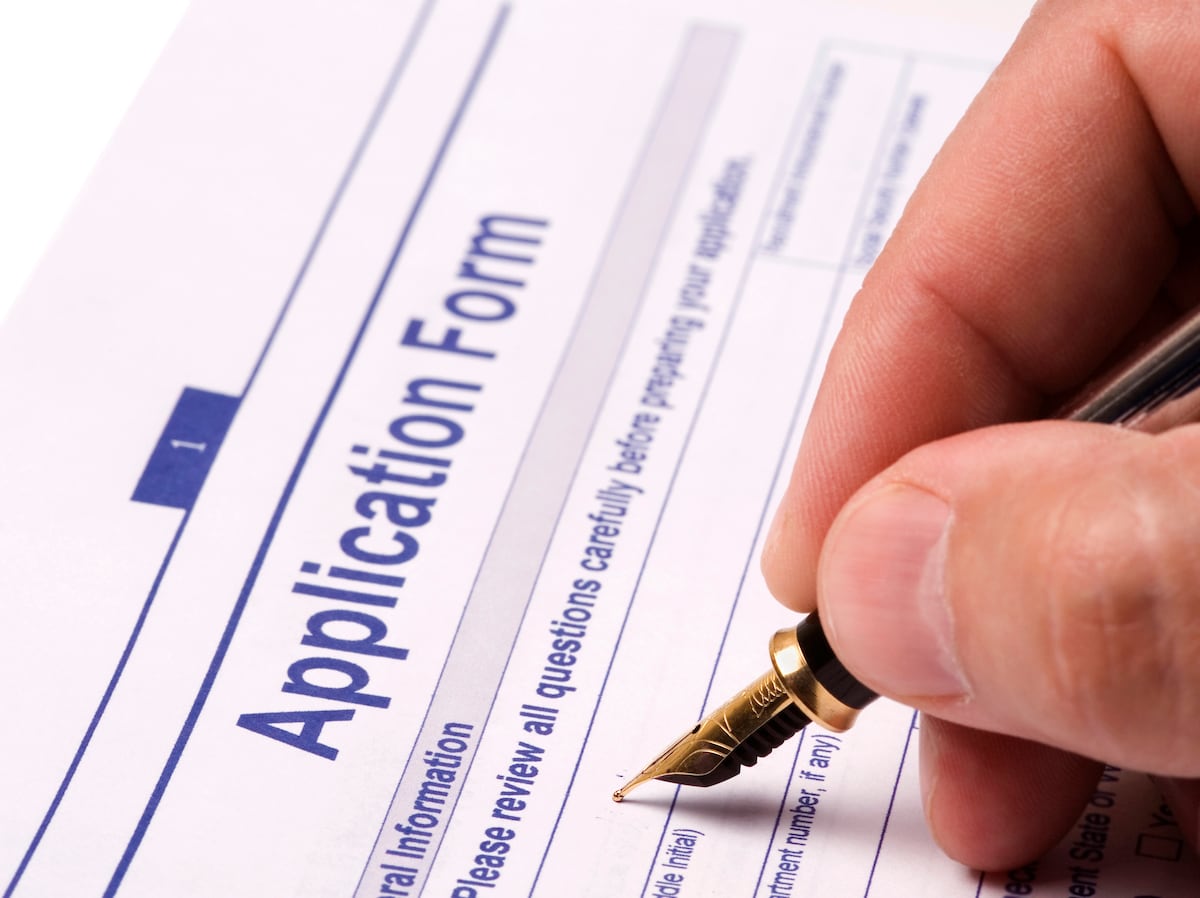States’ efforts to ease licensing burdens for military spouses relocating from state to state have been “spotty,” a defense official said, and plans are in the works to target trouble spots.
“For those states that haven’t done that well, we’re going back. We’re going to present this information to those states through their legislatures and ask them to progress further, clear it up,” said Marcus Beauregard, director of the Defense Department state liaison office.
He was a member of a panel discussion on family support Monday at the Air Force Association’s annual conference.
The state liaison office has been working for six years to educate state officials about the difficulties military spouses face when they relocate, having to get a different license in each state. The requirements are often onerous, time-consuming and expensive.
The 50 states have taken some steps in certain occupations, adopting measures such as allowing temporary licensing, expediting the application processes and allowing options that accommodate gaps in employment with active licenses from another state.
The DoD office commissioned the University of Minnesota to look at how effective the states have been at easing the licensing and certification burdens on military spouses seeking employment in their new location. The researchers reviewed practices in all 50 states, specifically looking at six different career fields: dental hygienist, occupational therapy, real estate, cosmetology, massage therapy and mental health counseling, Beauregard said.
While there are many more occupations affected, officials chose those six because they are either among the faster-growing occupations or are among the popular fields where military spouses are working to obtain a license through the DoD My Career Advancement Account program, which provides up to $4,000 to eligible military spouses pursuing a license, certification or associate’s degree in a portable career field and occupation.
“What the University of Minnesota found was that implementation was spotty,” Beauregard said. “There were some states that do a brilliant job. It was quite clear that they’re doing something for military spouses.”
The panel addressed several questions related to employment challenges among Air Force spouses ― a persistent issue among many military families.
During an earlier AFA town hall with Air Force senior leaders and their spouses, Tonya Wright, wife of Chief Master Sergeant of the Air Force Kaleth Wright, highlighted some resources for military spouses, such as the DoD Military Spouse Employment Partnership, which is part of the Spouse Education and Career Opportunities program, offering education and career guidance and assistance for spouses. Wright, who is an advocate for spouse development, also highlighted the MyCAA program, which offers scholarships to spouses of active-duty (and Reserve Component service members who are on Title 10 orders) in all branches in paygrades E-1 to E-5, O-1 and O-2, and W-1 and W-2.
It’s not likely that the MyCAA program will be expanded to include spouses of Guard and Reserve members not on Title 10 orders, said panel member Eddy Mentzer, associate director for DoD family readiness and well-being, in response to a question during the family support panel. The money comes from “active-duty funding,” Mentzer said.
The program “is sustainable” right now, he said, saying it‘s “really intended as a workforce development program for active-duty spouses who are challenged every time they have to relocate.”
He noted that officials frequently get questions about why the program is limited to spouses of certain ranks, and to active duty.
But that matter is apparently not settled with Daniel Sitterly, acting assistant secretary of the Air Force for manpower and reserve affairs, who was also part of the panel. Noting that reserve affairs is in his portfolio, he added that the Reserve component is being used a lot more like the active component.
“There are some things we need to look at and I will take that back and see what we can possibly do,” Sitterly said.
In 2010, when the MyCAA scholarship program was open to all military spouses and for a broader set of academic pursuits, it was abruptly shut down when the funding ran out. When officials reopened the program, it was scaled back.
For more information regarding eligibility and to apply for the benefit, contact a Spouse Education and Career Opportunities (SECO) career coach by calling Military OneSource at (800) 342-9647.
Karen has covered military families, quality of life and consumer issues for Military Times for more than 30 years, and is co-author of a chapter on media coverage of military families in the book "A Battle Plan for Supporting Military Families." She previously worked for newspapers in Guam, Norfolk, Jacksonville, Fla., and Athens, Ga.








